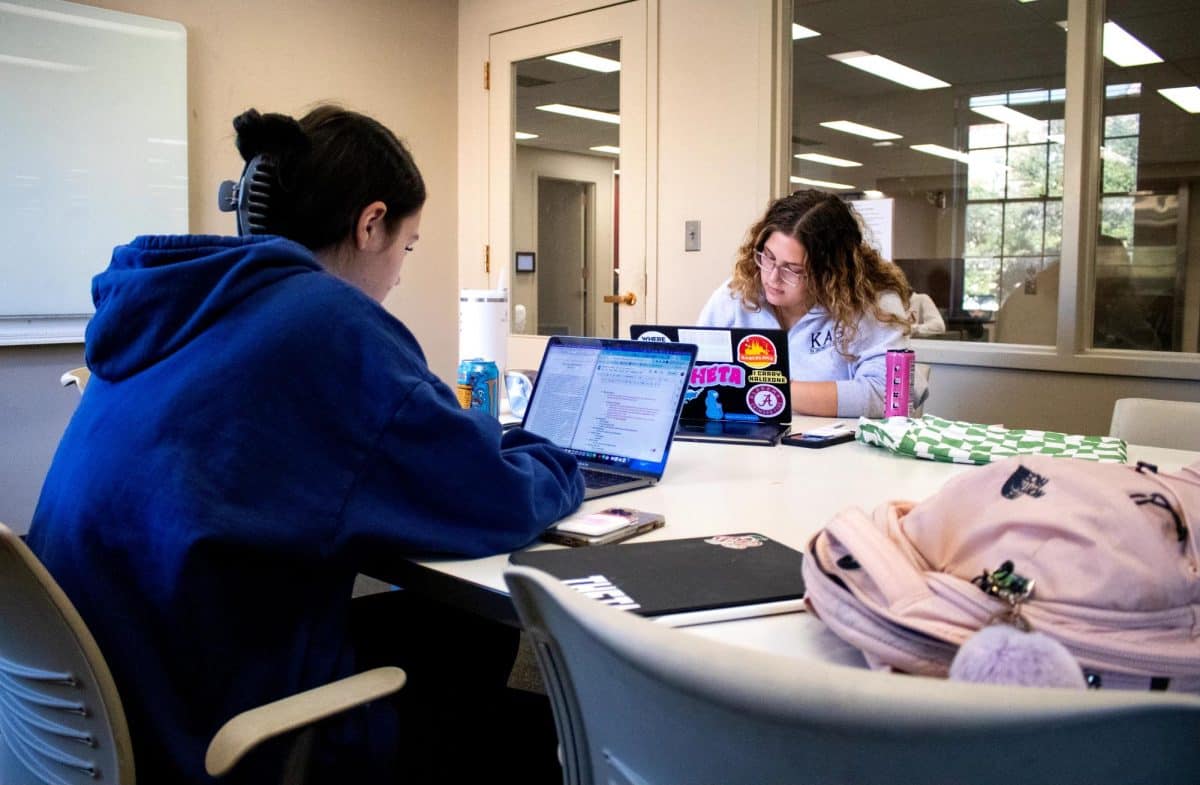I have to admit — I’m no fan of flame wars in The Crimson White. But Will Thomas’s editorial “Sacrifice key to success” terrified me into responding.
First, I strenuously disagree that “Lost” is any less edifying an activity than a class assignment (try to count how many characters are named after philosophers—really, just try). But Thomas commits a much greater logical fallacy when he argues that sacrifice is the foundation of freedom.
Let’s define “sacrifice.” Students don’t sacrifice when they lose sleep over cramming for a midterm — they’ve made the decision that they value passing a course more than dreaming of Jack Shephard. That’s called prioritizing: ordering the things you need to do by level of importance. It’s entirely rational — and the exact opposite of sacrifice.
Sacrifice turns priorities upside-down. It prefers a lesser value over a greater one — which is, in effect, completely irrational. Will Thomas is correct that the Founding Fathers risked much in pursuit of a higher ideal. But they risked it because it was just that: a higher ideal. It’s rational self-interest, not sacrifice, that made this country.
Thomas’ assertion that “our country was founded on ideals of sacrificing things so that everyone could be free,” then, isn’t just horrifying. It’s a contradiction in terms.
Liberty, freedom of action, guarantees your right to pursue your own interests as you define them. (Isn’t that what “pursuit of happiness” means?). Write that paper. Watch “Lost.” Read “Twilight.” Do what you love, what you value. Anything else is plain irrational – and antithetical to the intentions of the framers.
Even in the most dramatic examples of love and life and war, the people who sacrifice are the ones who give up their priorities and ideals. Our Founding Fathers, thankfully, aren’t among them.
Sacrifice, Mr. Thomas, is the very enemy of freedom.
Isabela Morales is a sophomore majoring in history and American studies.








